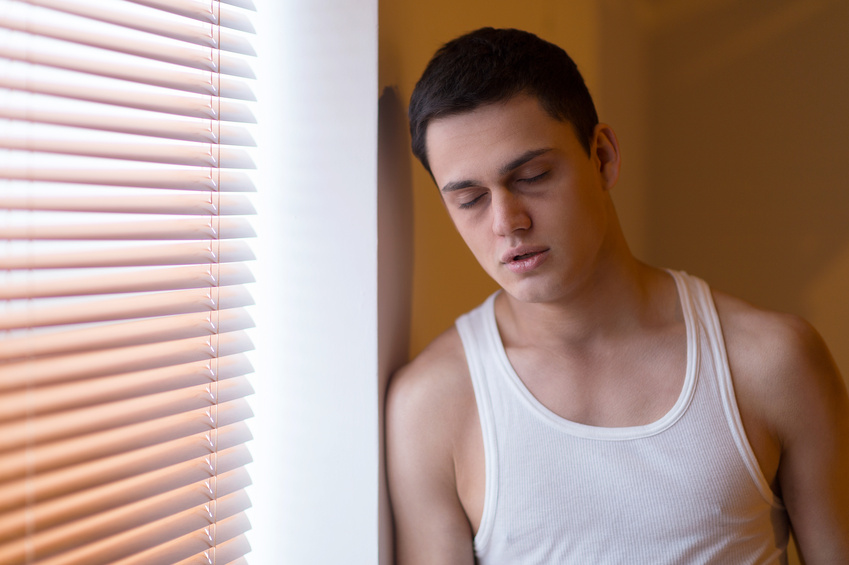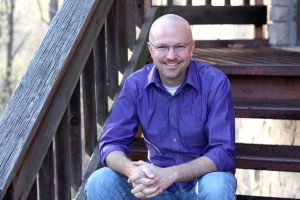
Sleep is making a comeback, and that is good news for the recovery community as new studies are showing how a good night’s sleep is an essential tool for those in recovery from addiction. The team at the National Institute on Drug Abuse Intramural Research Program in Baltimore, Maryland, knew that opioids disrupt sleep. Still, they wanted to learn more about the role of sleep in recovery.
So they measured how the drugs affected the patients’ sleep and, this is where it gets really practical; they studied how the treatment clinic’s schedule impacted patient outcomes. [1]
For 16 weeks, patients were asked to wear a wristband that measured their quality of sleep and tested for illicit drug use through urine samples. They found that when patients used drugs, they “slept less, went to bed later, and woke up later than on non-using days.”
They also adjust the clinic’s schedule to measure how it affected patients. Patients were asked to attend either an early morning schedule or early afternoon. Investigators found that participants slept less and woke earlier when assigned to the early treatment schedule.
In other words, patients did not go to bed earlier to adjust for the earlier time. And for those in recovery, getting enough sleep matters because it can help lower cravings for drugs, according to a study conducted by Penn State University.
Using a smartphone app developed the Dynamic Real-Time Ecological Ambulatory Methodologies (DREAM) program at Penn State, patients were asked to record sleep quality as well as cravings for 12 days. Those who reported a lower quality of sleep also “experienced higher than usual drug cravings. [2]

So what can be done to improve the quality of sleep? If you want to get quality sleep, you need to be intentional about it.
- Go to sleep and wake up at the same time every day.
- Reduce or eliminate your intake of caffeinated drinks. If you do drink them, don’t drink them after 4:00 in the afternoon.
- Minimize exposure to screens the hour before bed.
- Set your phone or device to switch to “night mode.” This will cause your screen to look more yellow, which is easier on the eyes and better for sleep.
- Keep your room cool and as dark as possible.
- Don’t watch TV in bed.
- Don’t take long naps during the day or after 3:00 p.m. A rest of 10-20 minutes is ideal for refreshing the brain and boosting energy.
If you can’t fall asleep or wake up in the night and can’t fall back asleep, there are some things you can do to help.
- If your mind is running and you can’t stop thinking, write down what you are thinking about on a piece of paper and tell yourself you can work on those problems tomorrow.
- Avoid looking at the clock in the middle of the night.
- Move to another location. Sleep on the couch; this helps your body and brain reset.
- Get out of bed and stretch for a few minutes.
- If you are hungry, eat something. Carbohydrates are best.
- If you still can’t sleep, find a boring book to read. Don’t do anything stimulating and avoid screens and television.
REFERENCES:
[1] National Institute on Drug Abuse. (2019, September 25). Measuring sleep challenges in opioid use disorder patients. Retrieved November 7, 2019, from https://www.drugabuse.gov/news-events/latest-science/measuring-sleep-challenges-in-opioid-use-disorder-patients.
[2] Auman-Bauer, K. (2017, January 4). Sleep quality and emotions affect opioid addiction recovery. Retrieved November 7, 2019, from https://news.psu.edu/story/443476/2017/01/04/sleep-quality-and-emotions-affect-opioid-addiction-recovery.
About the Author:
 Travis Stewart, LPC has been mentoring others since 1992 and became a Licensed Professional Counselor in 2005. His counseling approach is relational and creative, helping people understand their story while also building hope for the future. Travis has experience with a wide variety of issues which might lead people to seek out professional counseling help. This includes a special interest in helping those with compulsive and addictive behaviors such as internet and screen addiction, eating disorders, anxiety, and perfectionism. Specifically, he has worked with eating disorders since 2003 and has learned from many of the field’s leading experts. He has worked with hundreds of individuals facing life-threatening eating disorders in all levels of treatment. Travis’ website is wtravisstewart.com
Travis Stewart, LPC has been mentoring others since 1992 and became a Licensed Professional Counselor in 2005. His counseling approach is relational and creative, helping people understand their story while also building hope for the future. Travis has experience with a wide variety of issues which might lead people to seek out professional counseling help. This includes a special interest in helping those with compulsive and addictive behaviors such as internet and screen addiction, eating disorders, anxiety, and perfectionism. Specifically, he has worked with eating disorders since 2003 and has learned from many of the field’s leading experts. He has worked with hundreds of individuals facing life-threatening eating disorders in all levels of treatment. Travis’ website is wtravisstewart.com
The opinions and views of our guest contributors are shared to provide a broad perspective of addictions. These are not necessarily the views of Addiction Hope, but an effort to offer a discussion of various issues by different concerned individuals.
We at Addiction Hope understand that addictions result from multiple physical, emotional, environmental and genetic factors. If you or a loved one are suffering from an addiction, please know that there is hope for you, and seek immediate professional help.
Reviewed and Approved by Jacquelyn Ekern, MS, LPC on November 26, 2019
Published November 26, 2019, on AddictionHope.com
